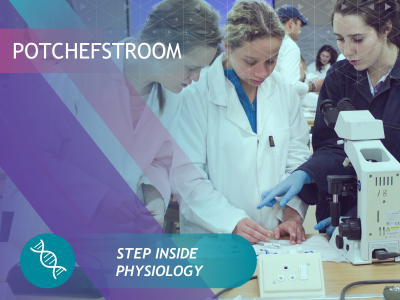What is Human Physiology?
Human Physiology is the science of life – the part of biology that focusses on how the human body functions. A cell is the smallest unit that can carry out life’s activities. A group of cells forms tissue, a group of tissue forms organs, and different organs form organ systems. The human body is made up of many physiological organ systems, including for instance the cardiovascular-, endocrine-, nervous-, and muscle systems. Physiology helps us to understand how these systems function together to respond to changes in the body’s internal and external environment to maintain healthy homeostasis (balance). Another reason for studying physiology is to determine how changes in the body’s physiology lead to the development of disease so that we can help to develop treatment options for such diseases.
What do Physiologists do?
Physiology forms the basis of where science is translated to clinical medicine. Physiologists research and teach how the various aspects of the human body functions. Physiologists mainly work in education and research institutions (such as in universities and universities of technology as lecturers and researchers, in high schools as teachers in Life Sciences, the South African Medical Research Council, medical schools, etc.). They can also work in research laboratories, in the pharmaceutical industry, in pathological companies, and in clinical trials monitoring companies. Because Physiology is integrated with so many other aspects of life, professionals from other industries, such as dietitians, psychologists, clinicians, pharmacists, microbiologists, zoologists, and nurses, should all be familiar with physiology as well. For more interesting information, to find out which Physiology programmes you can study, and to learn more about our physiology research, and much more, visit the following pages:



